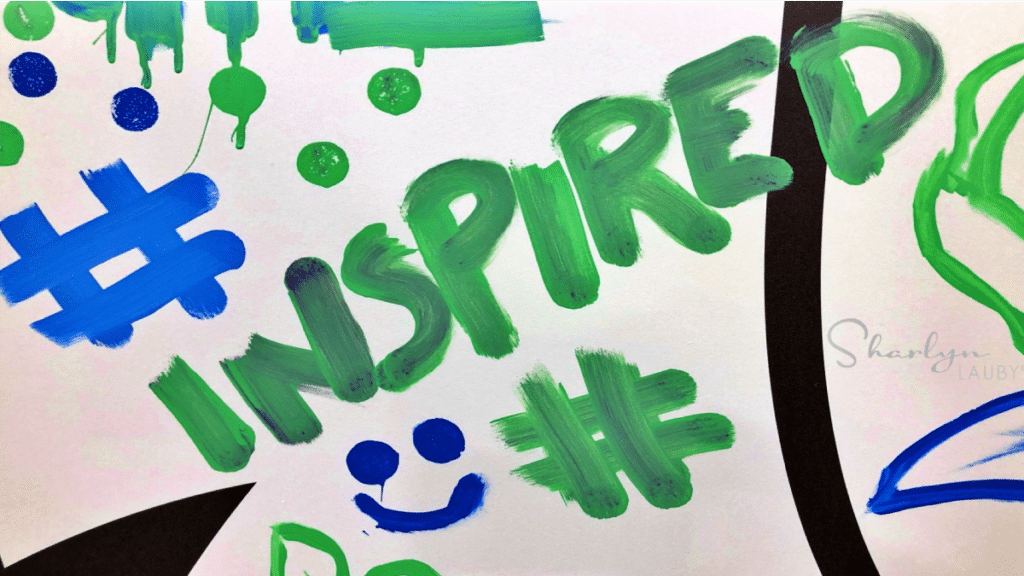Generalist or Specialist: Which is Better

During this year’s HR Technology Conference and Expo, I saw a comment that intrigued me.
“The old career model is over. Generalists are going to rule the world. They see and do everything and have a broad perspective. They see patterns. Create opportunities in your company for employees to move around to develop different skills.”
I must admit that I have some strong opinions about this one. Organizations need both generalists and specialists. No organization can exist with an entire workforce of generalists. Or an entire workforce of specialists. History has shown us that. The business world is constantly vacillating between “Generalists are going to rule the world.” and “Specialization increases your company’s value.” The fact that we keep going back and forth about the value of each should tell us that we need them both. And organizations should want to have both.
But I do agree with the last part of the comment about organizations needing to create opportunities. This is the part we regularly miss. Generalists often become good at what they do because they change companies instead of being able to expand their experience internally.
And I don’t want to leave specialists out of the conversation. Specialists often get better at their area of expertise by being exposed to different situations. Specializations do not get developed in silos. In fact, specializations can get stronger by being a part of cross-functional teams and exposure to complementary disciplines. Talent acquisition and onboarding are great examples. Talent acquisition professionals should have an understanding of onboarding, even if they’re not responsible for it, because it will make them a better TA pro.
Whether you’re a generalist or specialist, here are a few things to consider:
Look for opportunities to strengthen your core responsibilities. Regardless of being a specialist or generalist, we all have a handful of things that we spend the majority of our time on. Consider those your “core” responsibilities and work at being really good at them. That’s going to open doors for you.
Accept stretch assignments to learn new things. When offered an opportunity to do something a little outside of your core responsibilities, don’t immediately say “no”. Think about whether the stretch assignment could help you with an aspect of your core responsibilities. Could it introduce you to people who will help your career? Does it allow you to showcase your specialization to a new audience?
Leverage the other person’s perspective. If you’re a generalist, look for specialists to bounce ideas off and get a new viewpoint. Same goes for specialists. Find a generalist to brainstorm with. This is the beauty of building relationships with people outside of your inner circle. We learn new things.
Organizations need both generalists and specialists to remain competitive and achieve their goals. Individuals need generalists and specialists to be the yin to their yang. Instead of trying to make one sound more important than the other, let’s focus on how to create opportunities that make them both – and, ultimately, the organization – successful.
Image captured by Sharlyn Lauby at the Qualtrix X4 Summit in Salt Lake City, UT
20